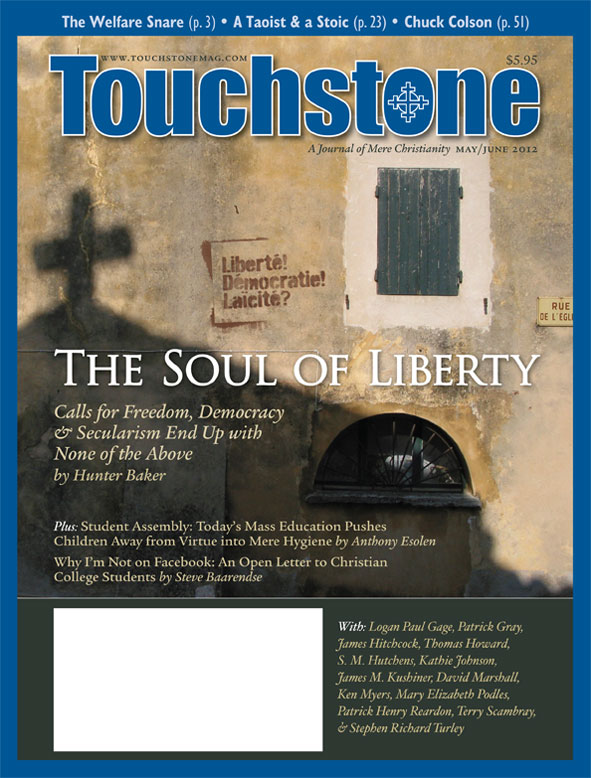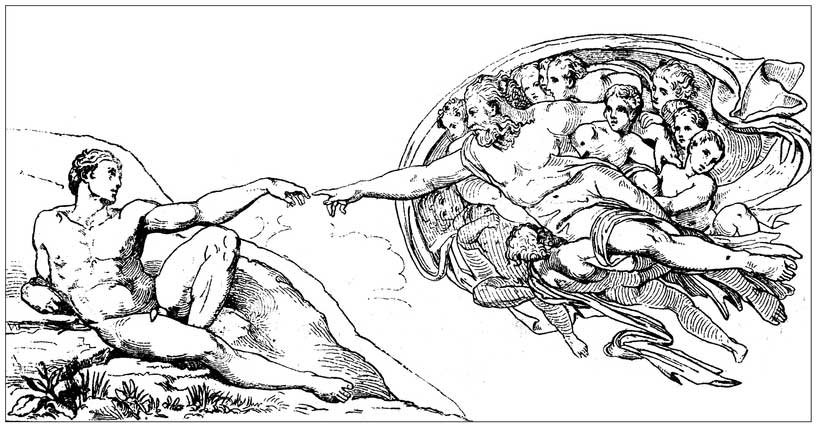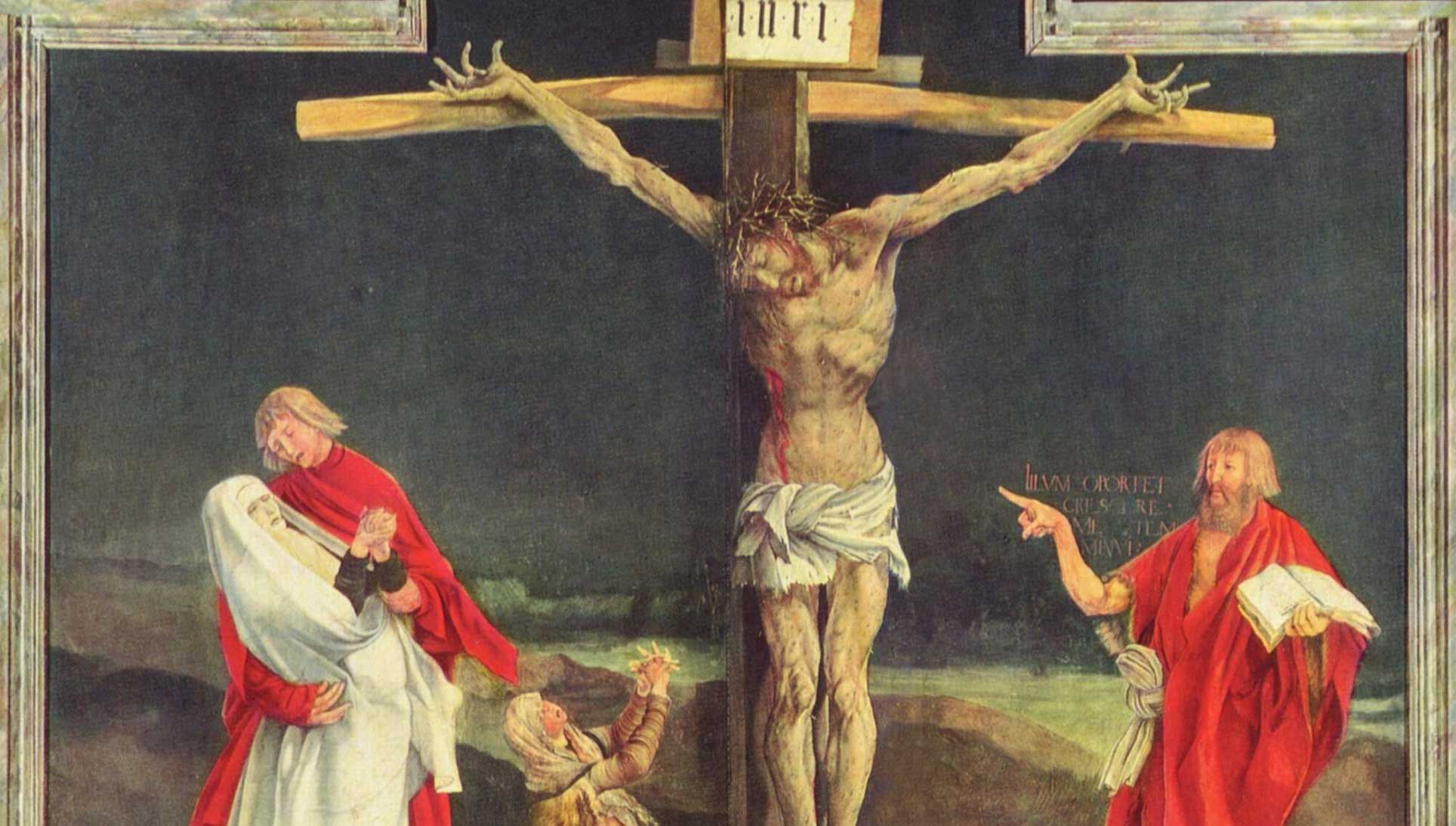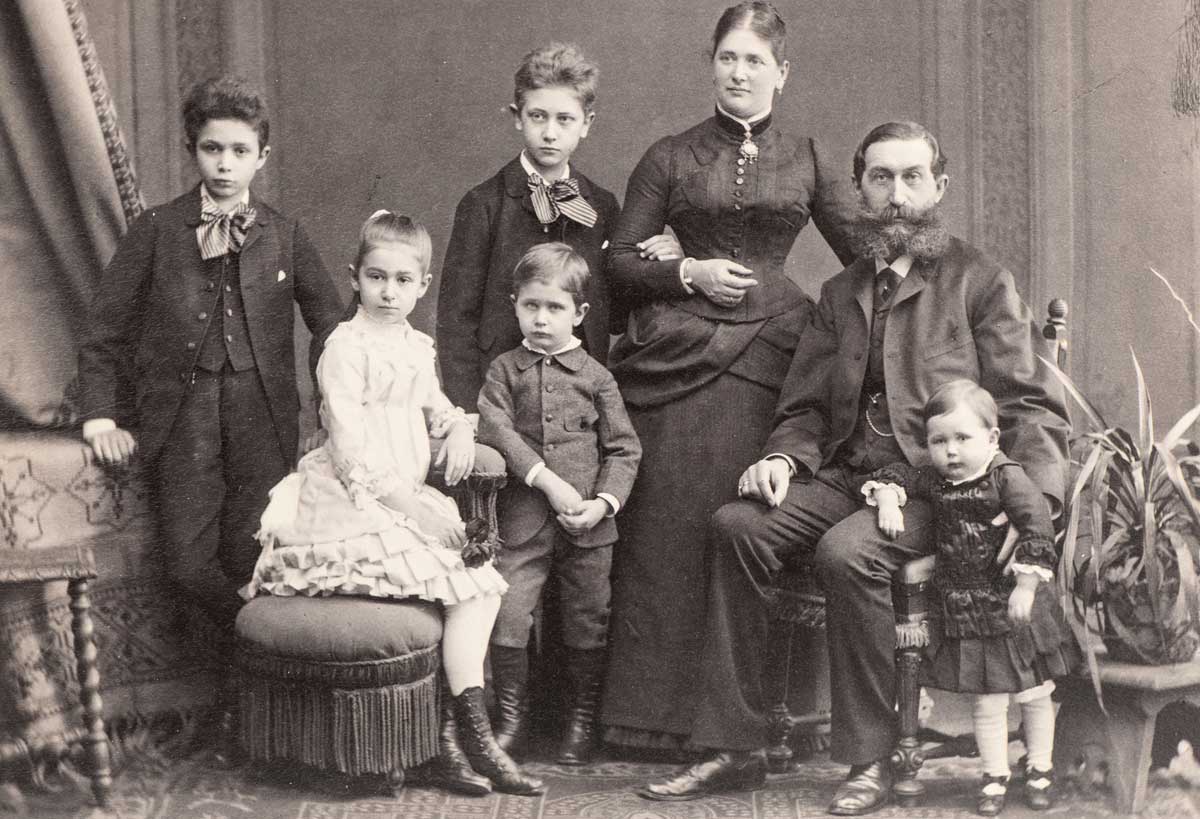View
Just Sayin’
Thomas Howard on What We Used to Know vs. What We Know Now
Any Christian whose spiritual nurture took place under the ardent auspices of Protestant Evangelicalism or, a fortiori, Fundamentalism, will know the prefix “Just,” which we all brought into play as a sort of link, or crutch, as we ploughed our way through the business of praying aloud in company. I was present at a dinner recently when a waggish cleric from the high and smoky reaches of “Anglo-Catholicism,” in the course of an after-dinner speech, rallied his own curate (an erstwhile Evangelical) for the “justs” that popped up now and again in that curate’s prayers. Knowing and affectionate laughter all round.
Laughter, to be sure, since the habit of lacing one’s oral prayers with this tag does amuse us, insofar as we acknowledge our own stammering efforts to address ourselves to the Most High. But affectionate laughter, as we recall what lies at the root of the habit, namely, humility. “Lord, we just—we won’t bother thee for long here, what with thine eternal cosmic duties and one thing and another; but we do have this most earnest, and admittedly minuscule, request here for help with this exam (or this arthritis, or this hope, or this bore with whom we must daily cope).”
Such prayers, as it happens, stand in the immemorial lineage of prayer that we mortals have been offering since the beginning. Adam: surely he besought the help of God as he stepped across the line between Eden and his exile? Abel: what did he say as he offered his lamb? Enoch, Noah, Abraham, David, the Tabernacle, the Temple, the synagogue: a solemn and noble lineage. Then the Church: the apostles, Ignatius, Clement, Justin, Cyril, Ambrose, Augustine, Benedict, Thomas—yes: we with our small “justs” do, after all, stand, albeit on the outskirts, with those figures.
The Ancient Pattern of Prayer
But another “just” has come into play in recent years. The following remarks consider this new usage.
Musing on the office of prayer as we canvass those immense figures, we find a thought coming upon us. Those prayers sprang from men who ordered their prayer to what they supposed Almighty God had disclosed about himself. For us who also try to thus order our prayers, such prayers, recorded all through the Hebrew Scriptures—histories, prophets, and psalms—and then the Gospels and epistles—have “the character of revelation” (Benedict XVI). Hence they will, with that character, never become obsolete, we say. We do not say, “Ah. But of course, you must understand that those men lived long before the discoveries of science had exploded all the notions that informed their prayers.” On the contrary, their prayers are received by Christendom as the perfect paradigm of prayer.
Their acts of Confession, for example: like them, one finds oneself obliged to look on his own burden of sin in the fierce light of what remains true, despite the inclination of modern behavioral sciences to muster out the old category “sin” and to suggest that perhaps guilt (meaning, of course, misbegotten guilt feelings), or “problems” or “victimization” would be more helpful in diagnosing our human frailties. If we look upon that ancient pattern of prayer, we find our own fretful attempts to prettify, cloak, or finesse those sins called into question. The ancient pattern of prayer judges us, not vice-versa.
Or again, Supplication: like the patriarchs and fathers, I carry my own perplexities, or my children’s safety, or my difficulties, or my sorrows, to the domain of the Eternal Mercy. Or Adoration: like them, I try in this act to extol him who is the Maker of all things. I may recall in this connection that the heavens are said to declare the glory of God; or that he telleth the number of the stars, and calleth them all by their names. (Ah. Hmm: has the Hubble Telescope spotted that? Any voice out there speaking to the trillions of bodies in space? Does the Big Bang know the names of all of those titanic fragments careering at light speed away from the proto-historic nubbin?)
As I try to form my prayers here, I recall that he is the one who “covereth the heaven with clouds, and prepareth rain for the earth; and maketh the grass to grow upon the mountains, and herb for the use of men: Who giveth fodder unto the cattle: and feedeth the young ravens that call upon him.” If that picture has any rag of validity, as the patriarchs, prophets, and psalmists seemed to suppose, then what can one say but Benedicite, omnia opera Domini Domino—Bless the Lord, all ye works of the Lord?
Just Nature?
Herein lies the rub for us who live in the post-Baconian-Cartesian-Kantian epoch. Does God do all that? Surely the works of the Lord don’t in any sense “bless” him. That’s just (“just”) poetry. Primitive Hebrew zeal. The Pathetic Fallacy. All of those things, we say, are merely programmed by “Nature,” which gets on with its own strange agenda.
I found myself mired in a discussion with some Christian academic friends not long ago, who, while firmly holding to the Nicene Creed, and in some sense to the validity of Sacred Scripture, also fervently espouse the view of things noted in the preceding paragraph. “Science has shown!” my interlocutors said. “It can no longer be supposed that. . . .” When I asked them how they would distinguish this view of theirs from seventeenth and eighteenth century Deism, there was an awkward silence.
Here we come upon a more serious use of “just.” This usage would conclude that in the light of what “we now know,” the prayers of the Hebrews are overblown. Rhapsodic. “Poetic.” Trees of the wood obviously don’t rejoice, and the storm doesn’t obey a divine “Voice.” No such thing. Science has shown. . . . We now know. . . .
Dawn and dusk, summer and winter, the growth of pineapples, the wind, the surf, the complex delicacy of the optic nerve (this was put forward): it’s just Nature doing its job—and getting on with the glacially slow process of evolution. (I am quoting.) I wondered whether our conversation had reached a Himalayan watershed here. We were clearly speaking of two different pictures of Reality.
Just Poetry?
At this juncture I come to the point of my article. Is this theory of things—certainly true on one level, and in some sense formed by Bacon et seq., plus astrophysics and microbiology—such that we contemporary men find ourselves obliged to attenuate those praises of Israel? The psalmist supposed that he could address God as “thou that inhabitest the praises of Israel.” Those praises are big with the notion that the whole panoply that we mortals find unfurled around us—pineapples and the seasons and the tides and the delicate complexity of the eye and the geological strata—may be ascribed, without demurral, to the Deity.
No one of us, to be sure, would urge that this ancient “poetry” is to be understood as an explicitly scientific formula. But, despite (“despite”?) the rhapsodic language of the patriarchs, prophets, and psalmists, it all has, we say, “the character of revelation.”
One of my friends (an Evangelical scholar) protested here, “But those writers of antiquity didn’t know what we know now.” He was referring explicitly to the Old Testament. Modern physics, in his view, has pretty well cancelled any possibility of our speaking as they did. This same man, when questions arise about the Christian response to moral issues such as homosexual activity or abortion, lays it down that “times have changed.”
There is the touchstone. That is the operative thing. Ancient Hebrew and Christian understandings of things cosmic or moral must be overhauled, perhaps even mustered out, in the light of the lightning pace of science and social currents. Actually, my friend’s view is that all of this poses a mortal, unprecedented, and unforeseen challenge to the faith. Christianity and its traditional worldview has never, in 2000 years, faced anything so potentially crushing as this challenge from science. We are in real peril—perhaps final and irreparable.
Praise Bidden from Us
One cannot blithely set on one side what “we now know” about the universe. It is all quite astonishing, challenging, and awe-ful. But for Hebrew and Christian vision and piety, perhaps the question poses itself: What do I understand to be that which gazes unshaken upon the breathless race of history and its changes? Are there or are there not, in fact, Bright Fixities that preside, serene, above and beyond the amazing penetrations of the modern sciences into the cosmos? May one with confidence take one’s place unabashedly in the train of those ancient men with their prayers? Or ought I perhaps, as a sober man in this epoch, attenuate, skirt, or even abandon such prayers, along with the assumptions from which they arose? Times have changed. That’s patent.
The prayers of the Hebrew patriarchs and prophets and psalmists bespeak an order of things that may never disclose itself to any lens, antenna, accelerator, or beaker. Such prayers bespeak, not another universe, but rather this universe in all of its final depth, bliss, harmony, unity, majesty and causality.
“This universe.” Ah. Could it be that whole dimensions, nay, whole orders of being, remain opaque to the instruments of our sciences? The song of the winter wren, for example: just air funneled through small tissue tubes? A mountain brook: just water finding its own level, obstructed by granite or limestone? A peacock: just feathers? The sunset: just gas and so forth? Or the wind soughing through a forest of pines in the Carpathians. Just air pushing past obstructing boughs and needles?
Wise and just men from the beginning have supposed that praise, exultation, blessing, and adoration are bidden from us mortals in connection with all of that.
And we may recall, finally, that those ancient prayers (just poetry?) are echoed, apparently, and glorified in the archangelic—nay, cherubic and seraphic—voices, trumpets, strings, and bells that peal out through the arc of Truth that leads from and to the One by whom all things consist, and by whom, in whom, with whom, through whom, and for whom, it is all made. •
Thomas Howard taught for many years at St. John's Seminary College, the Roman Catholic seminary of the archdiocese of Boston. Among his many works are the books Christ the Tiger, Evangelical Is Not Enough, Lead Kindly Light, On Being Catholic, and The Secret of New York Revealed, and a videotape series of 13 lectures on "The Treasures of Catholicism" (all from Ignatius Press).
subscription options
Order
Print/Online Subscription

Get six issues (one year) of Touchstone PLUS full online access including pdf downloads for only $39.95. That's only $3.34 per month!
Order
Online Only
Subscription

Get a one-year full-access subscription to the Touchstone online archives for only $19.95. That's only $1.66 per month!
bulk subscriptions
Order Touchstone subscriptions in bulk and save $10 per sub! Each subscription includes 6 issues of Touchstone plus full online access to touchstonemag.com—including archives, videos, and pdf downloads of recent issues for only $29.95 each! Great for churches or study groups.
Transactions will be processed on a secure server.
more on Christianity from the online archives
more from the online archives

15.6—July/August 2002
Things Hidden Since the Beginning of the World
The Shape of Divine Providence & Human History by James Hitchcock
calling all readers
Please Donate
"There are magazines worth reading but few worth saving . . . Touchstone is just such a magazine."
—Alice von Hildebrand
"Here we do not concede one square millimeter of territory to falsehood, folly, contemporary sentimentality, or fashion. We speak the truth, and let God be our judge. . . . Touchstone is the one committedly Christian conservative journal."
—Anthony Esolen, Touchstone senior editor












